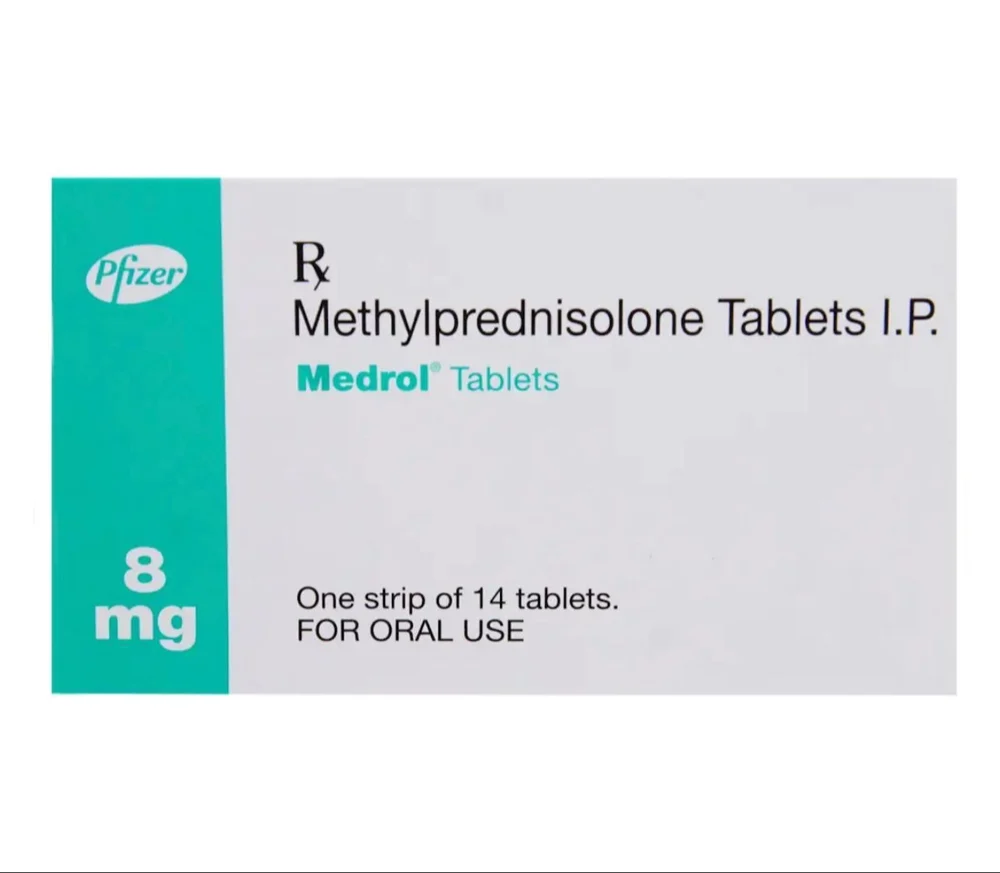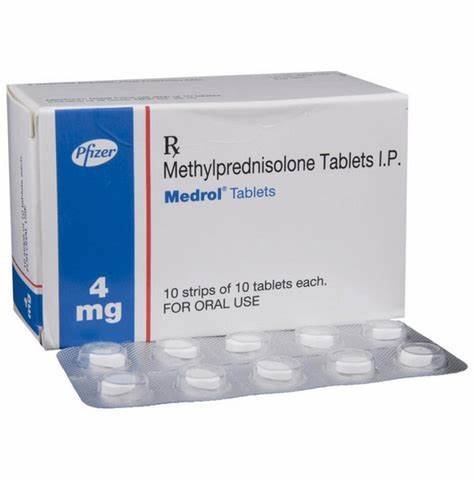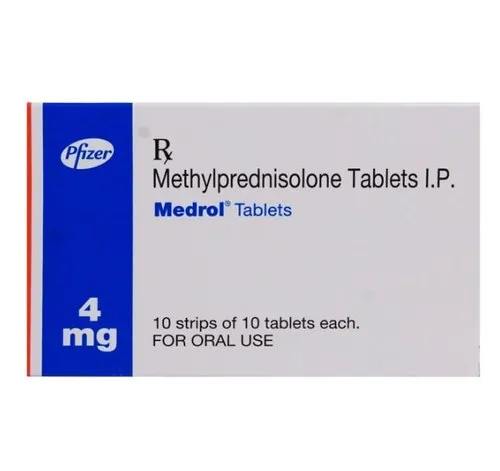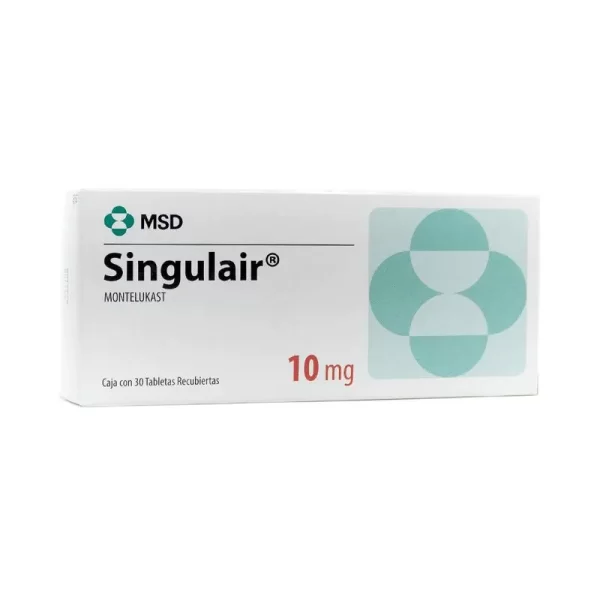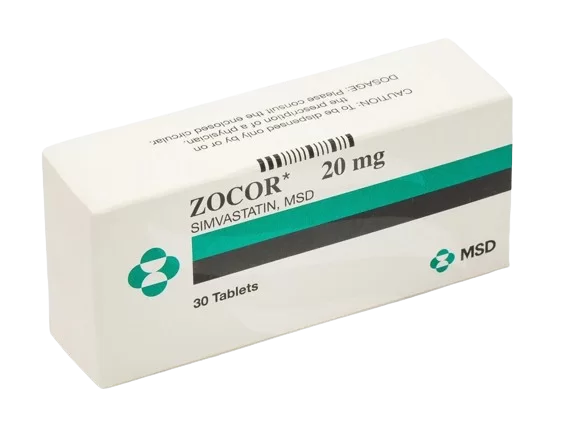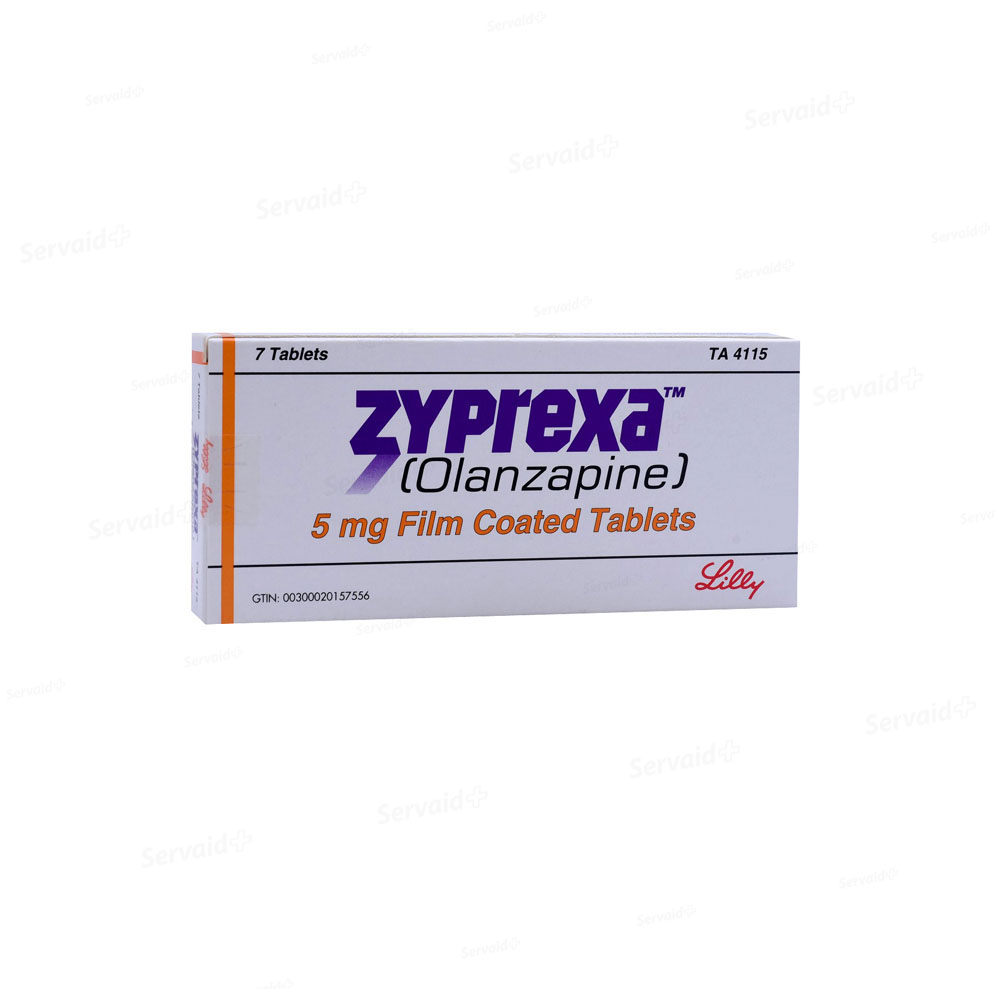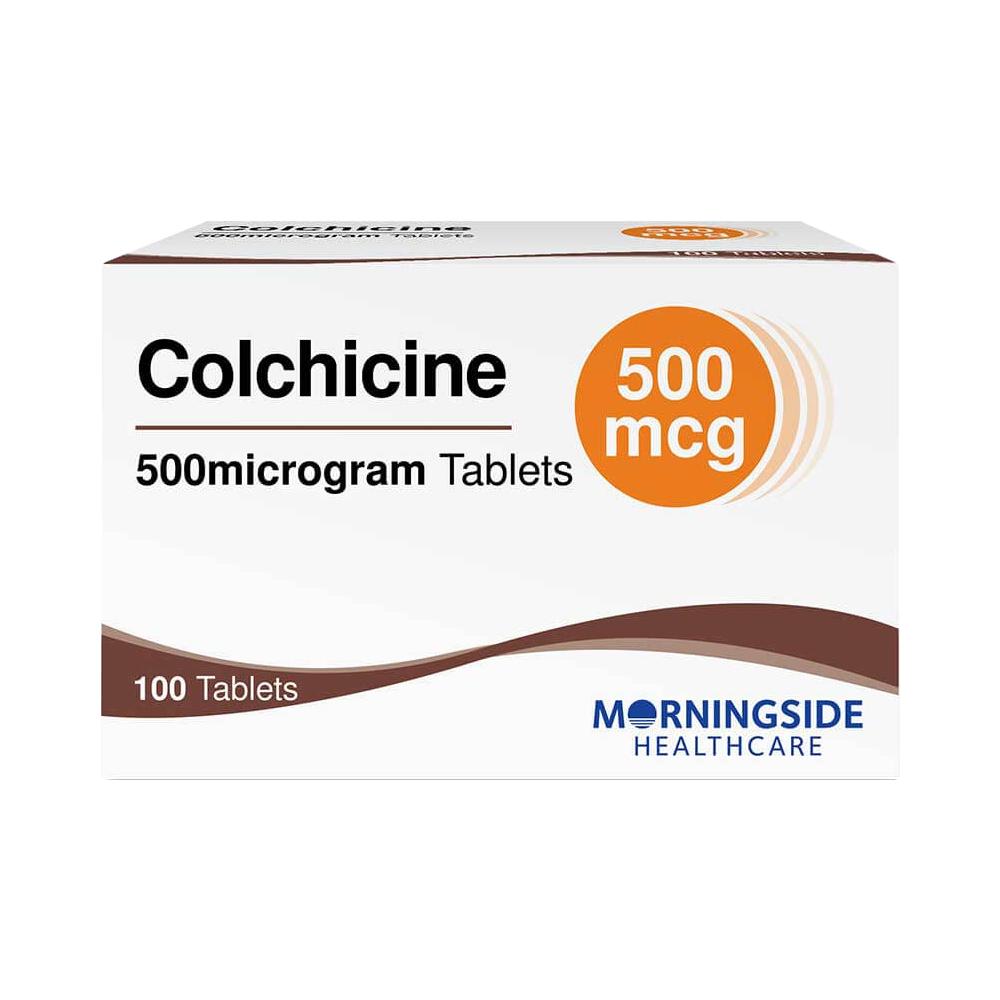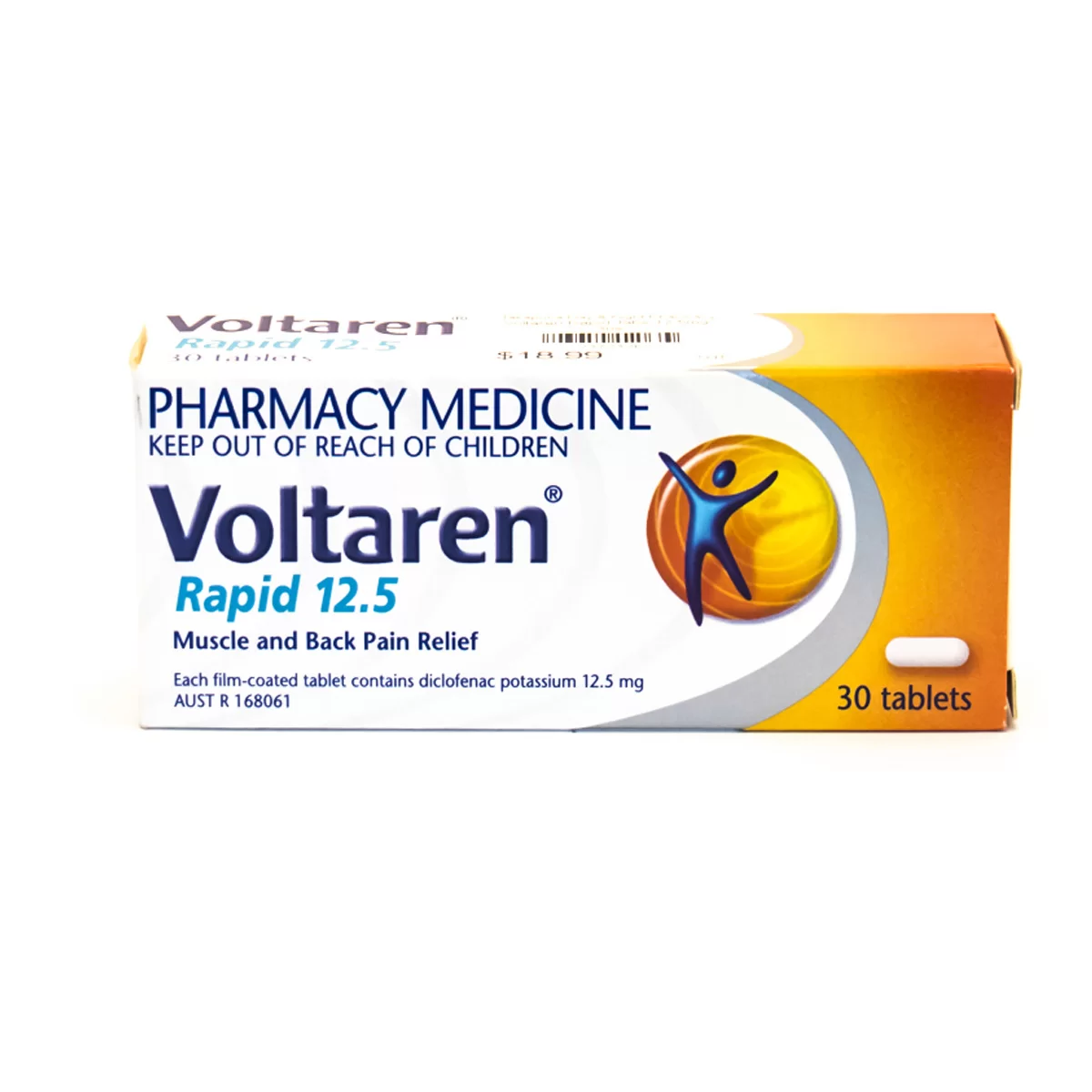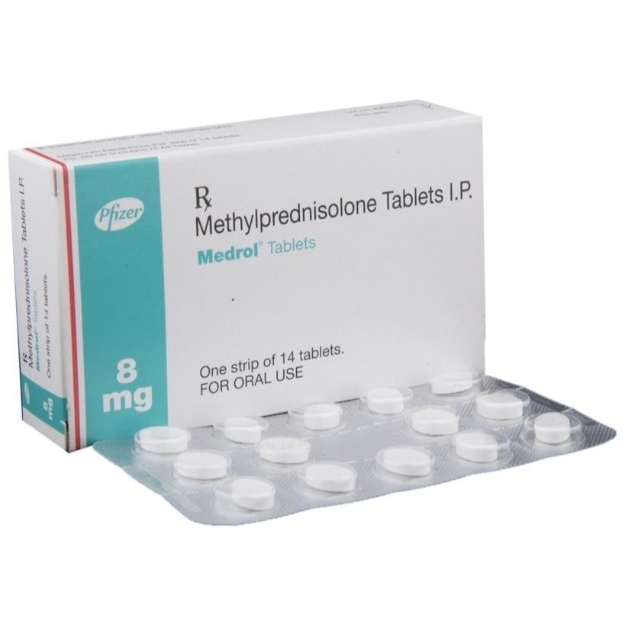
Medrol
Medrol - 16mg
| Product | Per Pill | Savings | Per Pack | Order |
|---|---|---|---|---|
| 30 pills | $3.96 | $118.85 | Buy Now | |
| 60 pills | $2.78 | $70.86 | $237.69 $166.83 | Buy Now |
| 90 pills | $2.39 | $141.72 | $356.53 $214.81 | Buy Now |
| 120 pills | $2.19 | $212.58 | $475.38 $262.80 | Buy Now |
| 180 pills | $1.99 | $354.31 | $713.07 $358.76 | Buy Now |
| 270 pills | $1.86 | $566.89 | $1069.61 $502.72 | Buy Now |
Medrol - 4mg
| Product | Per Pill | Savings | Per Pack | Order |
|---|---|---|---|---|
| 30 pills | $1.15 | $34.63 | Buy Now | |
| 60 pills | $0.90 | $15.11 | $69.25 $54.14 | Buy Now |
| 90 pills | $0.82 | $30.22 | $103.88 $73.66 | Buy Now |
| 120 pills | $0.78 | $45.33 | $138.51 $93.18 | Buy Now |
| 180 pills | $0.73 | $75.55 | $207.76 $132.21 | Buy Now |
| 270 pills | $0.71 | $120.88 | $311.65 $190.77 | Buy Now |
| 360 pills | $0.69 | $166.21 | $415.53 $249.32 | Buy Now |
Overview of Medrol
General Introduction
Medrol, also known by its generic name methylprednisolone, is a corticosteroid medication used to treat a variety of inflammatory and autoimmune conditions. It is effective in reducing inflammation and modifying the body's immune response. Medrol is commonly prescribed for conditions such as arthritis, allergic reactions, asthma, and certain skin and eye conditions. It works by suppressing the immune system and decreasing the production of substances that cause inflammation and allergic reactions.
Key Benefits and Unique Properties of Medrol
Key Benefits
Medrol offers several key benefits for patients with inflammatory and autoimmune conditions:
- Anti-Inflammatory Effects: Effectively reduces inflammation in various parts of the body.
- Immune System Modulation: Helps manage autoimmune diseases by suppressing immune system activity.
- Versatile Applications: Used to treat a wide range of conditions, from arthritis to severe allergic reactions.
- Rapid Onset of Action: Provides quick relief from symptoms associated with inflammation and immune responses.
Unique Properties
Medrol is known for its potent anti-inflammatory and immunosuppressive effects, which make it a versatile treatment option. It can be administered orally, intravenously, or intramuscularly, providing flexibility in dosing and administration based on patient needs and the severity of the condition.
Comparison with Similar Medications
Comparison with Similar Medications
Compared to other corticosteroids, Medrol offers unique advantages:
- Potency: Medrol is more potent than many other corticosteroids, requiring lower doses to achieve similar effects.
- Flexibility: Available in multiple forms, including tablets and injectable formulations, allowing for tailored treatment approaches.
- Fewer Side Effects: Generally associated with fewer side effects compared to other corticosteroids when used appropriately.
Safety and Tolerability of Medrol
General Information on Safety and Tolerability
Medrol is generally well-tolerated when used as directed. Common side effects include weight gain, increased appetite, and mood changes. Serious side effects may include increased risk of infections, osteoporosis, and gastrointestinal issues. Regular monitoring by a healthcare provider is recommended to ensure safety and efficacy.
Indications for Use of Medrol
Diseases and Conditions Treated
Medrol is prescribed for the treatment of various inflammatory and autoimmune conditions, including:
- Rheumatoid Arthritis: To reduce inflammation and pain.
- Asthma and Allergic Reactions: To manage severe allergic reactions and asthma exacerbations.
- Dermatologic Conditions: Such as eczema and psoriasis.
- Ophthalmic Conditions: To treat severe eye inflammation.
- Autoimmune Diseases: Including lupus and multiple sclerosis flare-ups.
Symptoms Indicating Use
Patients experiencing symptoms of severe inflammation, such as joint pain and swelling, shortness of breath due to asthma, severe allergic reactions, or skin rashes, may benefit from Medrol. It is particularly effective in managing acute flare-ups of chronic inflammatory conditions.
Dosage and Administration of Medrol
Recommended Dosage for Adults
The dosage of Medrol varies widely depending on the condition being treated. For inflammatory conditions, the typical oral dosage ranges from 4 mg to 48 mg per day, divided into one or more doses. For acute conditions, higher doses may be used initially, followed by a gradual tapering to the lowest effective dose.
Dosage for Children
The dosage for children is determined based on the severity of the condition and the child's weight. Pediatric dosing typically starts at 0.5 mg to 1 mg per kg of body weight per day, divided into multiple doses. The specific dosage should be adjusted by a healthcare provider.
Dosage for Elderly Patients
Elderly patients may require lower doses of Medrol due to an increased risk of side effects. It is important to start at the lowest effective dose and adjust as needed based on the patient's response and tolerability.
Optimal Timing of Administration
Medrol can be taken with or without food. To reduce the risk of gastrointestinal side effects, it is often recommended to take the medication with food or milk. The timing of doses should be consistent to maintain stable blood levels.
Frequency of Administration
Medrol is typically administered once daily or divided into multiple doses throughout the day, depending on the condition being treated and the prescribed dosage. Consistent adherence to the dosing schedule is crucial for effective symptom management.
Impact of Food on Efficacy
Taking Medrol with food can help minimize gastrointestinal side effects, such as stomach upset and irritation. Food does not significantly affect the absorption or efficacy of Medrol.
Pharmacological Action of Medrol
Mechanism of Action
Methylprednisolone, the active ingredient in Medrol, works by inhibiting the release of substances in the body that cause inflammation. It binds to glucocorticoid receptors, modulating gene expression and leading to decreased production of inflammatory mediators such as cytokines and prostaglandins.
Molecular and Cellular Targets
Methylprednisolone targets glucocorticoid receptors in various tissues, including immune cells. By binding to these receptors, it influences gene transcription and suppresses inflammatory and immune responses.
Metabolic Pathways
Methylprednisolone is metabolized primarily in the liver by the cytochrome P450 enzyme system. Its metabolites are excreted primarily in the urine. The half-life of methylprednisolone is approximately 18 to 36 hours, allowing for once-daily dosing in many cases.
Biochemical Changes
Medrol leads to a decrease in the production of inflammatory mediators and suppression of immune cell activity. These biochemical changes result in reduced inflammation, decreased immune response, and relief from symptoms associated with inflammatory and autoimmune conditions.
Physiological Effects
By reducing inflammation and modulating the immune response, Medrol helps alleviate symptoms such as pain, swelling, and difficulty breathing. It improves overall function and quality of life for patients with chronic inflammatory conditions.
Composition of Medrol
Active Ingredient
The active ingredient in Medrol is methylprednisolone. It is available in various forms, including oral tablets, injectable solutions, and dose packs with tapered dosing.
Inactive Ingredients
Medrol tablets contain inactive ingredients such as lactose, sucrose, calcium stearate, and corn starch. These ingredients help in the formulation and stability of the tablets, ensuring effective delivery of the active ingredient.
Role of Each Component
- Methylprednisolone: Acts as a potent anti-inflammatory and immunosuppressive agent.
- Inactive Ingredients: Aid in the production, stability, and absorption of the medication, ensuring it is effective and safe for patient use.
Side Effects of Medrol
Common Side Effects
Common side effects of Medrol include weight gain, increased appetite, mood changes, and difficulty sleeping. These side effects are usually dose-dependent and may be more pronounced with higher doses or prolonged use.
Rare Side Effects
Rare side effects may include severe allergic reactions, vision problems, and high blood pressure. Patients should seek medical attention if they experience symptoms such as swelling, difficulty breathing, or severe headache.
Serious Side Effects
Serious side effects requiring immediate medical attention include signs of infection (fever, chills, persistent sore throat), severe abdominal pain, tarry stools, and unusual bleeding or bruising. Long-term use of Medrol can also lead to osteoporosis, muscle weakness, and adrenal suppression.
Frequency and Severity
Most side effects are mild and occur early in the treatment. Serious side effects are rare but warrant close monitoring by a healthcare provider. Regular follow-up appointments can help manage and mitigate these risks, ensuring safe and effective use of Medrol.
Prevention of Side Effects
General Precautions
To minimize side effects, patients should follow the prescribed dosage and avoid abrupt discontinuation of the medication. Gradual tapering of the dose is often recommended to prevent withdrawal symptoms and adrenal insufficiency. Regular monitoring of blood pressure, blood sugar levels, and bone density is also important.
Recommendations for Better Tolerability
Using Medrol as directed and maintaining regular follow-up appointments with a healthcare provider can improve tolerability. Patients should be educated on the importance of adhering to the prescribed treatment regimen and monitoring their response to the medication. A balanced diet, regular exercise, and taking the medication with food can also help reduce side effects.
Contraindications for Medrol
Conditions and Diseases
Medrol is contraindicated in patients with known hypersensitivity to methylprednisolone or any of its components. It should not be used in patients with systemic fungal infections or those receiving live or live attenuated vaccines. Caution is advised in patients with a history of tuberculosis, diabetes, or osteoporosis.
Explanation of Contraindications
Methylprednisolone may exacerbate certain conditions, such as systemic infections and diabetes, due to its immunosuppressive and hyperglycemic effects. Hypersensitivity reactions can cause severe allergic responses, making it crucial to assess a patient's medical history and allergies before prescribing Medrol.
Warnings and Precautions for Medrol
Potential Risks
Patients should be monitored for signs of infection, high blood pressure, and blood sugar levels. Long-term use of Medrol can lead to adrenal suppression, osteoporosis, and muscle weakness. Regular bone density scans and eye exams are recommended for patients on prolonged corticosteroid therapy.
Safety Measures
Regular monitoring by a healthcare provider, starting with a low dose, and adjusting as needed can help mitigate risks. Patients should be instructed to report any symptoms of infection, unusual bleeding or bruising, and changes in vision or mood.
Missed Dose
Immediate Actions
If a dose is missed, take it as soon as remembered unless it is almost time for the next dose. Do not double the dose to catch up. Continue with the regular dosing schedule.
Preventive Strategies
Using reminders and keeping a consistent schedule can help prevent missed doses. Patients can set alarms, use medication reminder apps, or keep a medication diary to track their doses.
Drug Interactions
Interacting Medications
Medrol may interact with other medications, including NSAIDs, anticoagulants, and certain vaccines. These interactions can either reduce the efficacy of Medrol or increase the risk of adverse effects. It is essential to inform the healthcare provider of all medications being taken to avoid potential interactions.
Effects of Interactions
These interactions can affect the metabolism and efficacy of Medrol or the concomitant medications. For instance, NSAIDs may increase the risk of gastrointestinal bleeding, while anticoagulants can increase the risk of bleeding. Monitoring blood levels and adjusting dosages may be necessary to manage these interactions.
Avoiding Interactions
Inform the healthcare provider of all medications being taken to avoid potential interactions. Patients should not start, stop, or change the dosage of any medicines without their healthcare provider’s approval. Regular reviews of medication regimens can help identify and manage potential interactions.
Overdose
Symptoms of Overdose
Symptoms of overdose may include severe dizziness, fainting, confusion, and unusual changes in mood or behavior. Seek emergency medical help if an overdose is suspected. Supportive measures and symptomatic treatment are recommended.
Immediate Actions
Seek emergency medical help if an overdose is suspected. Supportive measures and symptomatic treatment are recommended. Activated charcoal may be administered if the overdose is recent, and intravenous fluids may be given to maintain blood pressure.
Pharmacokinetics
Absorption
Methylprednisolone is rapidly absorbed after oral administration, with peak plasma concentrations reached within 1 to 2 hours. The bioavailability of methylprednisolone is approximately 80%.
Distribution
Methylprednisolone is extensively distributed throughout the body, with a volume of distribution of about 1.4 liters per kilogram. It is highly bound to plasma proteins, primarily albumin.
Metabolism
Methylprednisolone is metabolized in the liver by the cytochrome P450 enzyme system to inactive metabolites. These metabolites are excreted primarily in the urine.
Elimination
The half-life of methylprednisolone is approximately 18 to 36 hours. Dose adjustments may be necessary for patients with liver impairment to prevent accumulation and toxicity.
Dosage Forms
Available Forms and Dosages
Medrol is available in tablet forms of 2 mg, 4 mg, 8 mg, 16 mg, and 32 mg strengths. It is also available as an injectable solution in various concentrations. These various forms and dosages allow for flexible and tailored treatment approaches based on patient needs and tolerability.
Benefits of Different Forms
The availability of multiple forms of Medrol makes it suitable for various patient preferences and clinical situations. Tablets provide convenient and effective dosing, while injectable forms are useful for acute conditions requiring rapid relief.
Pregnancy and Breastfeeding
Safety During Pregnancy
Medrol should be used during pregnancy only if the potential benefit justifies the potential risk to the fetus. There is limited data on the use of Medrol in pregnant women, and animal studies have shown adverse effects on the fetus. Pregnant women should discuss the potential risks and benefits with their healthcare provider before starting treatment.
Safety During Breastfeeding
Methylprednisolone is present in low concentrations in breast milk. Due to the potential for adverse reactions in nursing infants, a decision should be made whether to discontinue breastfeeding or discontinue the drug, considering the importance of the drug to the mother. Breastfeeding mothers should consult their healthcare provider to weigh the potential risks and benefits.
Storage Conditions
General Recommendations
Store Medrol at room temperature between 20°C to 25°C (68°F to 77°F). Keep the medication in its original container, tightly closed, and out of reach of children and pets.
Specific Storage Instructions
Medrol tablets should be stored in a cool, dry place away from direct sunlight and moisture. The injectable solution should be stored according to the manufacturer's instructions, usually in a refrigerator or at room temperature depending on the formulation.
Expiry and Stability
Check the expiration date on the package and do not use Medrol past the expiration date. Proper storage ensures the medication remains effective and safe to use. Dispose of expired or unused medication according to local regulations to prevent accidental exposure or misuse.
Clinical Trials and Efficacy
Overview of Clinical Studies
Medrol has undergone extensive clinical trials to evaluate its safety and efficacy in treating a wide range of inflammatory and autoimmune conditions. These studies included randomized, double-blind, placebo-controlled trials involving thousands of patients worldwide.
Results and Findings
Clinical trials have shown that Medrol significantly reduces inflammation and improves symptoms in conditions such as rheumatoid arthritis, asthma, and lupus. Patients treated with Medrol demonstrated better outcomes in terms of symptom relief and overall function compared to those receiving a placebo.
Comparative Studies
Studies comparing Medrol with other corticosteroids have shown that Medrol provides effective anti-inflammatory and immunosuppressive effects with a favorable safety profile. Its potency and flexibility in dosing make it a preferred choice for many healthcare providers.
Conclusion
Summary of Key Points
Medrol is an effective corticosteroid medication for treating a variety of inflammatory and autoimmune conditions. Its potent anti-inflammatory and immunosuppressive effects provide rapid symptom relief and improve patient outcomes. The medication is generally well-tolerated, with a well-documented safety profile.
Recommendations
For optimal results, patients should follow their healthcare provider's instructions regarding dosage and administration. Regular monitoring and follow-up appointments are essential to ensure the medication's effectiveness and manage any side effects. Patients should maintain a healthy lifestyle, including a balanced diet and regular exercise, to support overall health while on Medrol therapy.
Final Thoughts
Medrol significantly improves the quality of life for patients with inflammatory and autoimmune conditions by effectively managing symptoms and reducing inflammation. With its proven efficacy and safety, Medrol remains a trusted choice for healthcare providers and patients in the management of a wide range of medical conditions.
